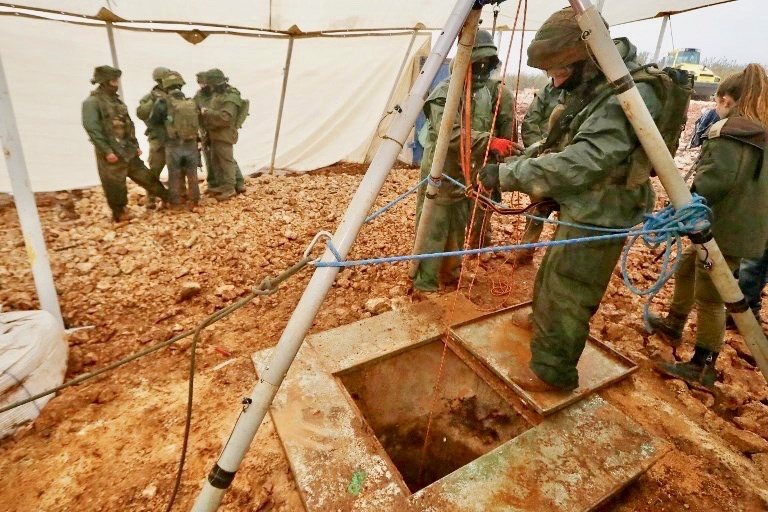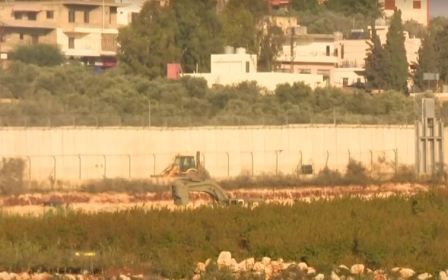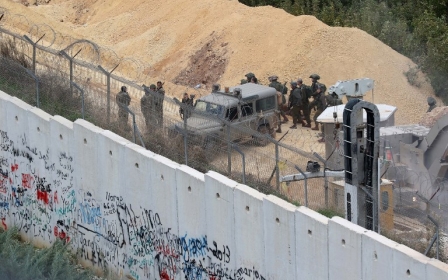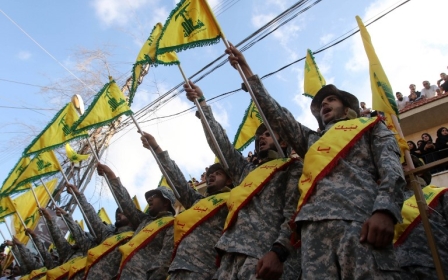Israel says it has found all 'Hezbollah cross-border tunnels' from Lebanon
Israel says discovery marks end of operation and last tunnel will be destroyed in coming days

Israeli soldier at entry point made by army to intercept tunnel between Lebanon and Israel (AFP)
Published date: 18 January 2019 10:01 GMT
|
Last update: 5 years 10 months ago
Israel said on Sunday it had uncovered all cross-border attack tunnels it says were dug by Hezbollah from Lebanon and will bring its operation to find and destroy them to an end after more than a month.
The operation had raised concerns that Hezbollah, the Lebanon-based Shia group and avowed enemy of Israel, would respond and spark a new conflict between them, but the border has remained calm throughout, AFP said.
New MEE newsletter: Jerusalem Dispatch
Sign up to get the latest insights and analysis on Israel-Palestine, alongside Turkey Unpacked and other MEE newsletters
Middle East Eye delivers independent and unrivalled coverage and analysis of the Middle East, North Africa and beyond. To learn more about republishing this content and the associated fees, please fill out this form. More about MEE can be found here.




